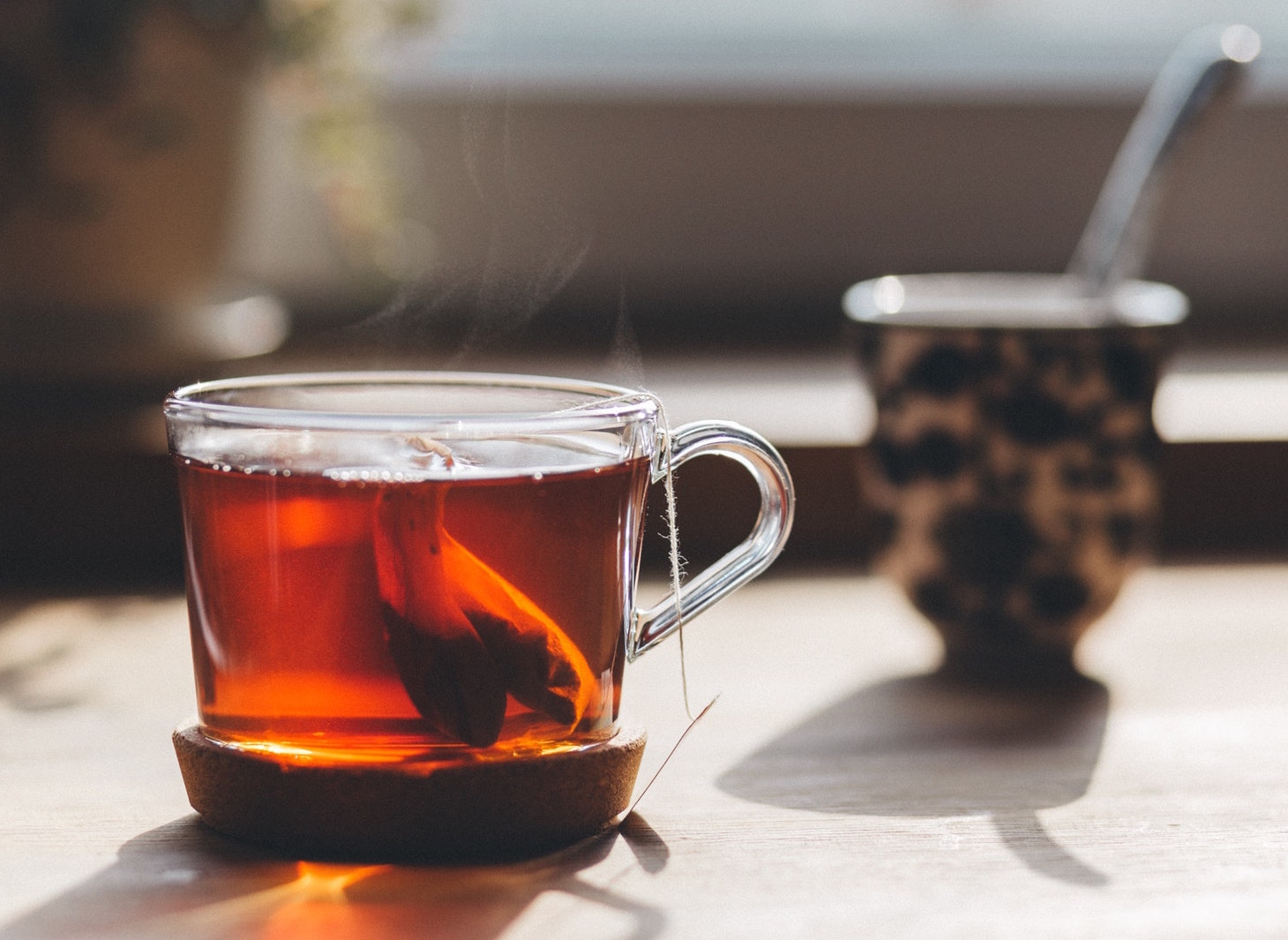After water, tea and coffee are the two most consumed beverages on the planet. They are full of antioxidants, flavonoids, and other biologically dynamic substances that may be good for your health.
Coffee
A enormous body of evidence suggests that caffeinated coffee consumption does not enhance the risk of cardiovascular disease or cancer. In fact, consuming 3 to 5 standard cups of coffee per day has been consistently associated with a reduced risk of several chronic diseases. However, some people may not tolerate higher amounts of caffeine due to symptoms of jitteriness, anxiety, and insomnia. In particular, people who have difficulty controlling their blood pressure may want to moderate their coffee consumption. Pregnant women are also advised to aim for less than 200 mg of caffeine per day, the amount found in 2 cups of coffee, because caffeine crosses the placenta into the fetus and has been linked to miscarriage and low birth weight. Due to the potential negative side effects that some people experience when drinking caffeinated coffee, it is not necessary to start drinking it if you are not already doing so or to enhance the amount you currently drink, as there are many other dietary strategies to improve your health. Decaf coffee is a good choice for people who are sensitive to caffeine. As the studies summarized above show, it offers similar health benefits to caffeinated coffee. It’s also vital to remember how you like your brew. The extra calories, sugar, and saturated fat in a coffee shop drink with whipped cream and flavored syrup can cancel out any health benefits of regular black coffee.
Learn more about the research on the health effects of coffee
Tea

Tea is a basic preparation method that involves pouring scorching water over dried leaves. Chinese camellia plant. The taste of tea varies depending on where the tea leaves are harvested and how they are grown and processed. Black tea is the most popular in the world, followed by green, oolong, and white tea. Herbal teas are not made from Camellia They do not come from plants, but from dried herbs, spices, flowers, fruits, seeds, roots or leaves of other plants; they usually do not contain caffeine, like time-honored teas.
Learn more about research on tea and health
Terms of Operate
The content on this website is for educational purposes only and is not intended to provide personal medical advice. If you have any questions regarding a medical condition, please seek the advice of your physician or other qualified health care provider. Never disregard professional medical advice or delay in seeking it because of something you have read on this website. The Nutrition Source does not recommend or endorse any products.
